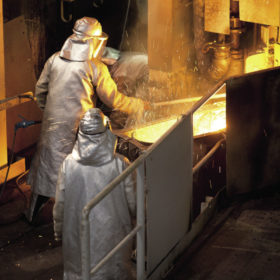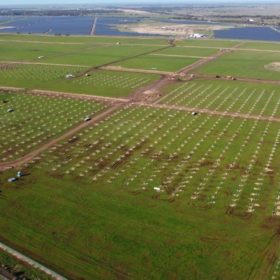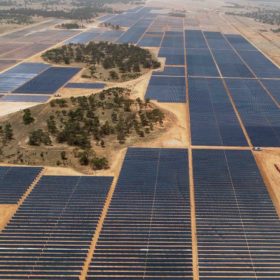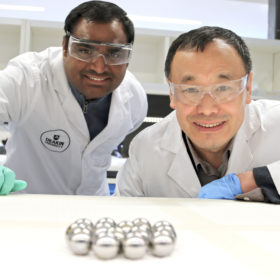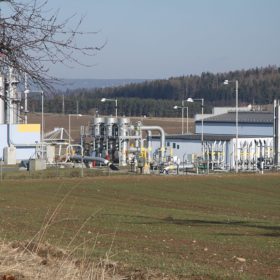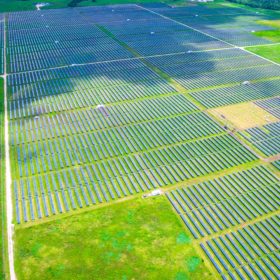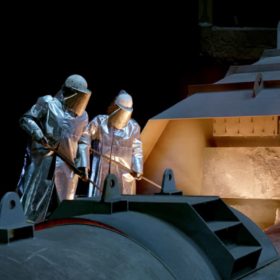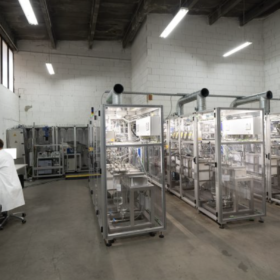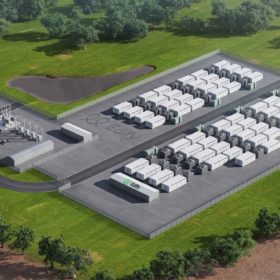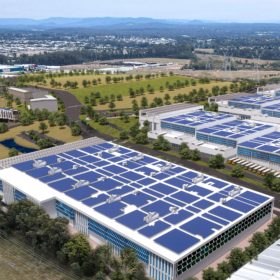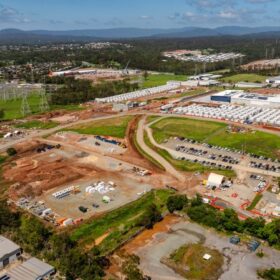India will have 125 GWh of lithium batteries ready for recycling by 2030
India will see a cumulative demand for around 600 GWh of lithium-ion batteries from 2021 to 2030 across all segments. The recycling volume coming from the deployment of these batteries will be 125 GWh by 2030.
128.5 MW solar hybrid plant reaches financial close in South Australia
Vena Energy Australia has reached financial close on the second stage of its Tailem Bend 2 Hybrid Project thanks to a PPA with Zen Energy and green financial support from DBS, ING, and Siemens. The 128.5 MW project will comprise 87 MW of solar with 41.5 MW of battery energy storage.
Octopus announces $10 billion renewable investment funds, acquires Australia’s largest solar project
Octopus Investments Australia, a subsidiary of the major global Octopus Group, today launched two renewable energy investment vehicles totalling $10 billion. The Octopus funds’ first joint acquisition is Australia’s largest operational solar farm, the 333 MW Darlington Point Solar Farm in New South Wales.
‘Entirely novel’ mechanochemical breakthrough for storing hydrogen
Researchers at Melbourne’s Deakin University have discovered a novel way to separate, store and transport large amounts of gas. The method, they say, is efficient, affordable and creates no waste – carrying huge implications for the burgeoning green hydrogen industry and for the energy transition at large.
Oil and gas reservoirs are cheapest options for underground hydrogen storage
New research from Ireland shows that depleted oil and gas reservoirs may be used to store hydrogen at a cost of US$1.29/kg (AU$1.9/kg). According to the researchers, underground hydrogen storage may benefit from the technological maturity of the geologic storage of natural gas and CO2, which are associated with decades of established knowledge.
South Energy progresses plans for 392 MW of solar and storage projects
Australian renewables developer South Energy has announced a series of “significant milestones” with a trio of large-scale solar PV and battery projects, with an aggregated capacity of more than 390 MW, getting the tick of approval from relevant authorities.
Global electrolyser market to reach 8.5 GW by 2026
GlobalData has predicted that the global electrolyser market will hit 8.52 GW by 2026. BP and Thyssenkrupp have agreed to cooperate on the use of hydrogen in the steel sector, while electrolyser supplier Nel Hydrogen has secured orders in Australia and Denmark
First cathode precursor plant opens in WA university in move to capture battery value chain
As Australia seeks to move beyond its global quarry status, the country’s first Cathode Precursor Production Pilot Plant launched on Monday in Western Australia’s Curtin University.
Edify secures $13 million for Darlington Point big battery project
Australian renewables developer Edify Energy has secured more than $13 million in federal and state government funding to help finance the installation of a 25 MW/50 MWh battery energy storage system featuring advanced inverter technology next to its 275 MW Darlington Point Solar Farm in south-west New South Wales.
Quinbrook unveils plans for 2 GWh big battery in Brisbane
Queensland-based energy investment manager Quinbrook Infrastructure has unveiled plans to build a $2.5 billion data storage precinct in Brisbane that will be powered by renewable energy and include one of the largest battery storage installations in the National Electricity Market.
